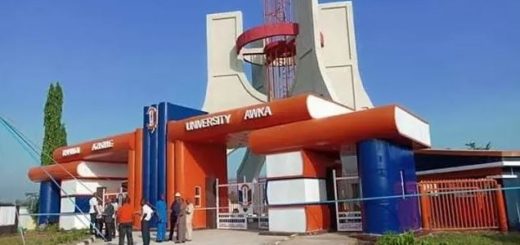Bold Initiative Targets Food Security, Rural Development with Niger State Sugar Project
 Niger Foods, in collaboration with the Nigeria Sugar Development Council (NSDC), has unveiled a groundbreaking initiative to rejuvenate Nigeria’s $2.5 billion sugar industry. This move aligns with President Ahmed Bola Tinubu’s administration’s declaration of a Food Security Emergency and aims to advance food security and rural industrialization across the nation.
Niger Foods, in collaboration with the Nigeria Sugar Development Council (NSDC), has unveiled a groundbreaking initiative to rejuvenate Nigeria’s $2.5 billion sugar industry. This move aligns with President Ahmed Bola Tinubu’s administration’s declaration of a Food Security Emergency and aims to advance food security and rural industrialization across the nation.
Speaking in Minna on Friday, Abdullbaqy Usman Ebbo, the Special Adviser on Digital Media and Strategy to the Niger State Governor, highlighted the project’s significance. He revealed that Niger Foods signed an agreement with Uttam Sucrotech—a consortium of Brazilian and Indian sugar value chain experts—during a G20 side event in Rio de Janeiro, Brazil. The partnership will develop 250,000 hectares of sugarcane fields and establish six sugar/ethanol plants in Niger State over the next three years.
The initiative, anchored along the recently inaugurated Sokoto-Lagos Super Highway, is set to produce 2.5 million metric tons of sugar annually, 250 million liters of ethanol, and 300 megawatts of electricity. In addition, the project is expected to create 100,000 direct jobs, 250,000 indirect jobs, and engage 750,000 out-grower participants.
Praising the private-sector-driven approach, Nigeria’s Minister for Foreign Affairs commended the Niger State Government for partnering with Brazil and India, recognized globally for their expertise in large-scale and structured small-scale sugar production. Meanwhile, the Minister of Agriculture and Food Security affirmed the ministry’s full support, emphasizing the integration of research, innovation, and large-scale mechanized farming.
Governor Mohammed Umaru Bago expressed gratitude to President Tinubu for fostering socio-economic development and highlighted the strategic advantage of Niger State’s infrastructure. With the Super Highway unlocking 90,000 hectares of arable land, the sugar project is expected to drive economic transformation in the region.
The revitalization efforts are particularly significant given the stagnation of Nigeria’s sugar industry since the 1960s. While Nigeria produces only 540,000 metric tons of sugar annually—meeting just 3% of its domestic demand—Brazil and India produce 41 million and 36 million metric tons, respectively. The Niger Foods project aims to close this gap while creating a ripple effect across related industries, including livestock and soybean cultivation.













